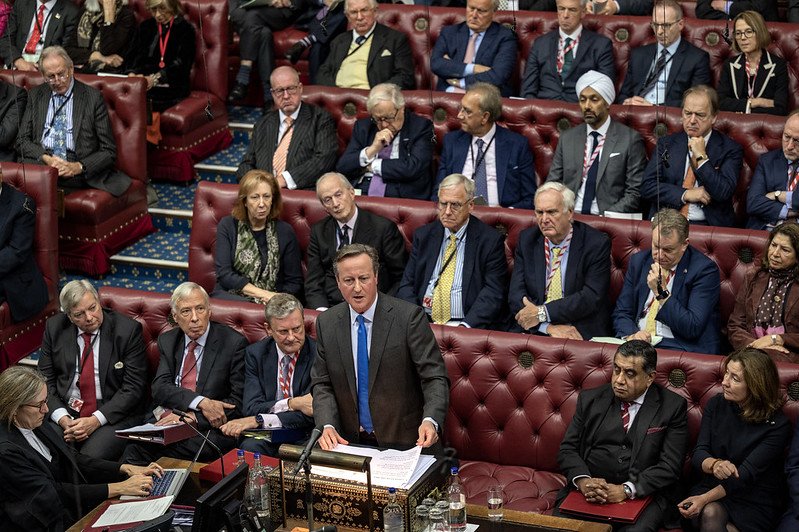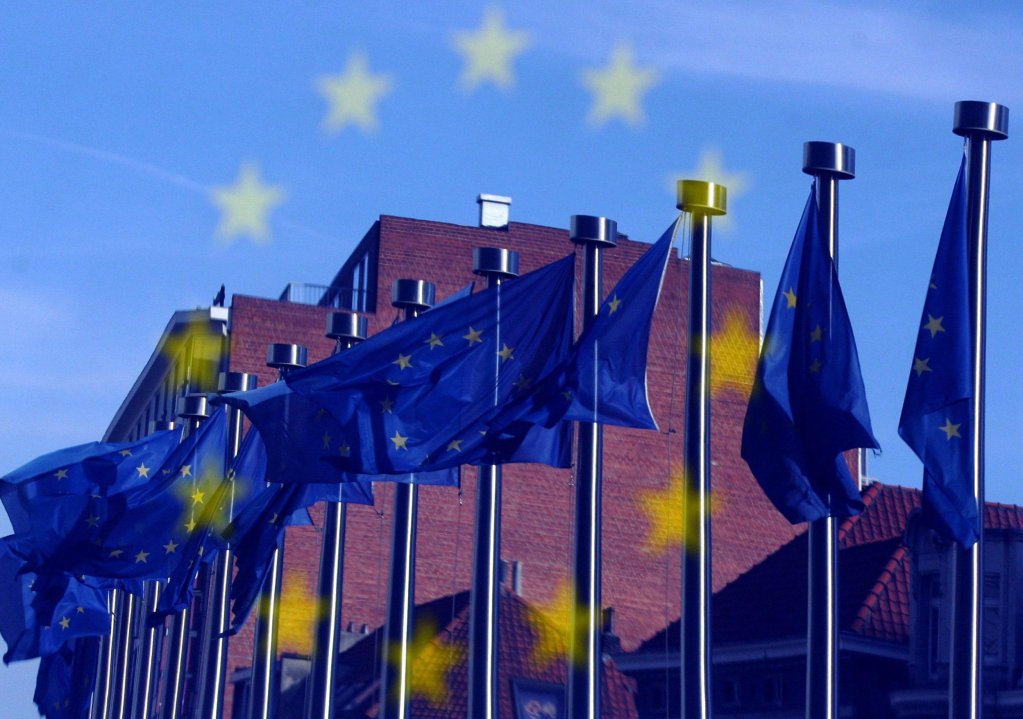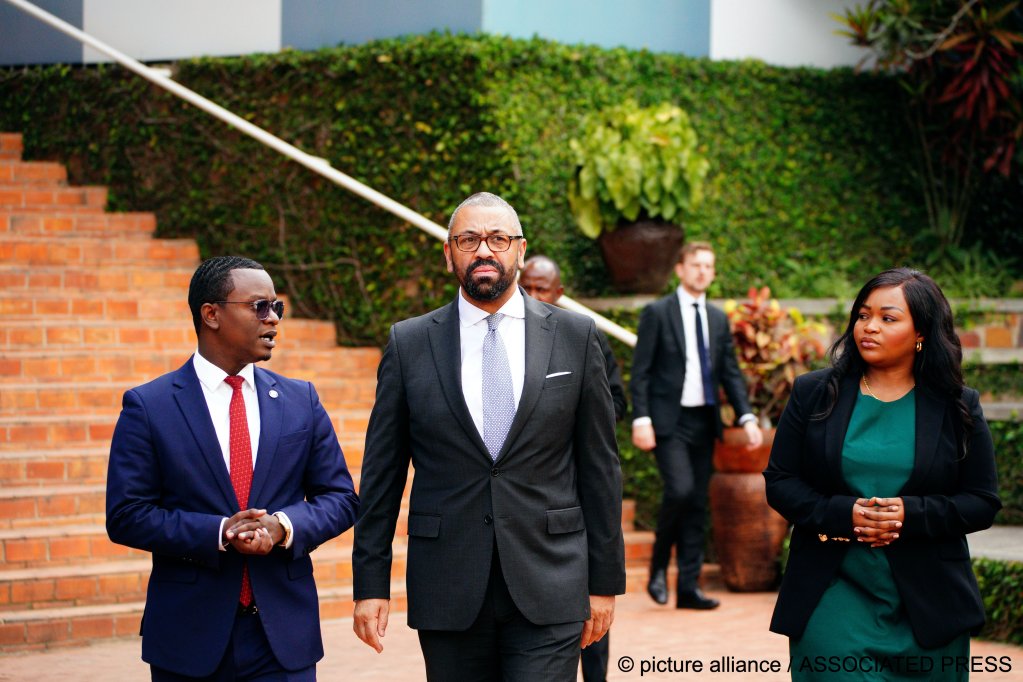The UK's latest Rwanda bill has suffered another round of delays and setbacks. This means the bill will not be voted on until after Parliament’s Easter break. This setback will also delay the eventual take-off of flights to Rwanda, which the government hoped would begin "in spring."
The Safety of Rwanda bill, which is currently making its way through the Houses of Parliament in Britain, has been delayed yet again. As parliament is now breaking for Easter, this means that the latest amendments will not be voted on until after the two-week break.
In simple terms, the bill aims to confirm Rwanda as a "safe third country for the removal of people entering the UK under new immigration laws [contained within the bill] and to deter migration by unsafe and illegal routes," states the UK Parliament website.
If Rwanda is effectively declared "safe" for this purpose, it would reduce the chances of asylum seekers appealing against deportation, as they would have fewer grounds to argue that Rwanda is unsafe for them.
Approving any bill in the UK, and thus it becoming law, involves a long and complicated procession through both houses of Parliament. With the upper House of Lords offering amendments, additional debates and suggestions to any bill, before those amendments are reconsidered and voted on by the lower house of elected MPs, known as the House of Commons.

'Ping-ponging'
When a bill is particularly contentious, it gets batted back and forth between houses in a process known as "ping-ponging."
A couple of weeks ago, the Lords suggested a whole list of amendments and the Rwanda bill was sent back to Parliament with the amendments for consideration. Labour’s Lord Coaker observed that "at some surprise to us all, it came back without a single word changed, not a single comma moved or a single full stop inserted."
Lord Coaker continued that while it was not the Lords’ intention "to block the bill, it is also part of constitutional convention that the other place [the House of Commons – Lower House] reflects on what your Lordships have said and does not just carte blanche reject it, which is what has happened. Who is not respecting constitutional convention now?" he asked.
Also read: UK scammers targeting asylum seekers
The previous amendments to the bill addressed whether it should be the court or the government deciding Rwanda's safety for individuals. They also looked at how victims of modern slavery and human trafficking would be treated under the bill, and UK compliance with domestic and international obligations. Moreover exemptions were provided for overseas asylum seekers who had been employed by the UK.
Retabling amendments
As Lord Coaker remarked, all the Lords' amendments were rejected by the House of Commons and sent back in their original form. But the Lords retabled some of their amendments, including advising parliament to make sure that this law and all court decisions would taken into account and abide by international law and conventions, relating to human rights, migration and refoulement.
The government has claimed that it does abide by these things and therefore an extra amendment in this bill is not needed. Lord Coaker said that his amendment for the government to pay "due regard to domestic and international law" is really important because "the bill says international law will not apply, and then it lists all of the conventions that will not apply. It lists them: this does not apply, that does not apply: this Council of Europe convention or this United Nations convention against torture; all of this does not apply."
Lord Coaker continued that the government’s attitude to list conventions and laws that might not apply to its own law once passed "just beggars belief."

The importance of the rule of law
To explain his point further, about why the rule of law is so fundamental, he gave examples in his speech to the House, citing examples from the current news cycle. From Putin’s invasion of Ukraine, "illegal under international law," to reasons why the UK and other countries were able to take action against the Houthis in the Red Sea "because what they are doing is illegal."
Also read: UK dispute over deportations to Rwanda heats up
Lord Coaker asked "where is our global reputation as a country with regards to the pursuit and maintenance of international law, if within a fundamental bill of our country, we say that it will be unaffected by international law, whatever that international law says?"
The Lord said he believed that if Britain were to declare within one of their own laws that certain other international conventions could not be applied to judgements relating to the law in question, it would affect the standing of the UK in the world and their reputation abroad. Lord Coaker said, "the proof of that is the Prime Minister of Pakistan citing the Rwanda treaty in defense of his country’s decision to expel hundreds of Afghans who had fled from the Taliban."
Accusations and counter-accusations
Earlier this week, the Home Secretary (Interior Minister) James Cleverly, accused the Lords of trying to "thwart" the passage of the bill and adding delays. He said, according to the Independent newspaper: "While Labour and their allies try anything to delay, disrupt or destroy that plan, people are risking their lives in the hands of people who don’t care if they die as long as they pay."

Cleverly added that the "talking needs to end, so we can get on with the job of saving lives and stopping the boats."
Also read: UK government plans to send people to Rwanda under voluntary scheme
Labour’s Shadow Home Secretary Yvette Cooper answered him saying that if the Conservative party was really serious about its plan, they would be tabling the bill for discussion next week, instead of waiting until after Easter for the next stages. Cooper called the Rwanda scheme "a failing farce, which will only cover less than 1% of asylum arrivals."
Cooper said even the government could see the plan wouldn’t work but accused Prime Minister Rishi Sunak of using it as a "political gimmick to get what the former immigration minister described as ‘symbolic flights off just before an election,'" reported the Independent.
